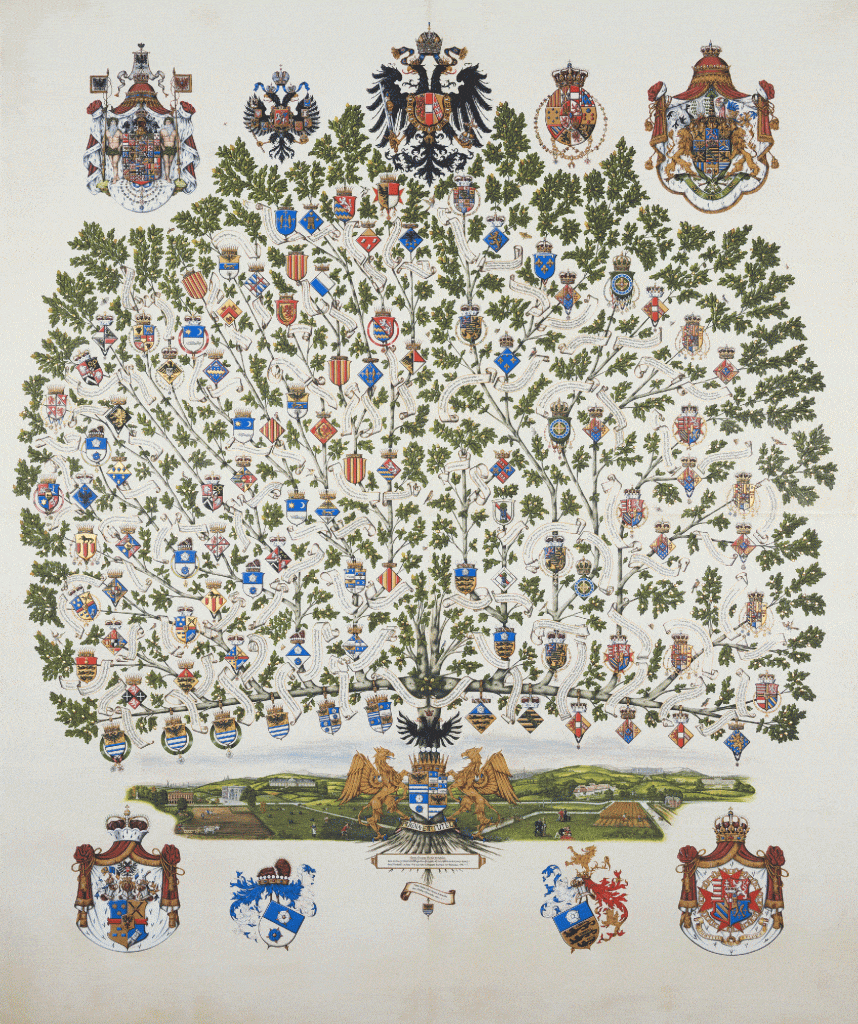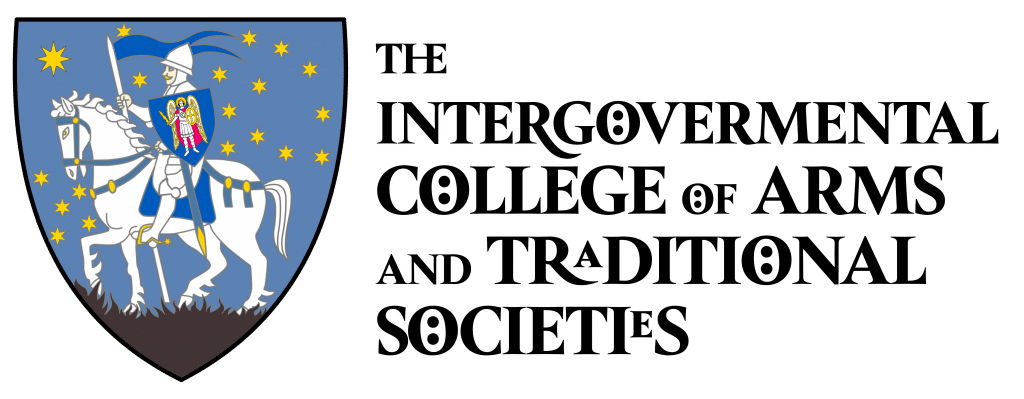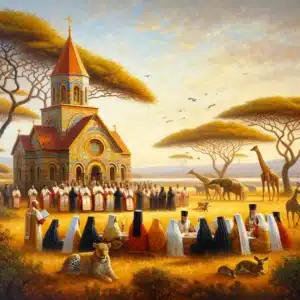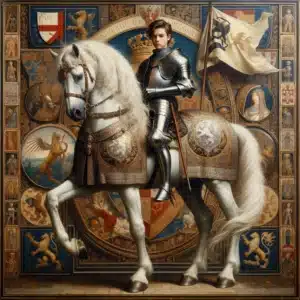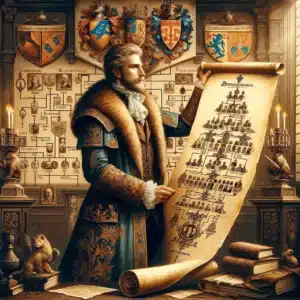Genealogy may seem like a futile exercise, as Gandalf explains about the decline of Gondor, in the Lord of Rings:
The old wisdom born out of the west was forsaken. Kings made tombs more splendid than the houses of the living and counted the old names of their descent dearer than the names of their sons. Childless lords sat in aged halls musing on heraldry or in high, cold towers asking questions of the stars. And so the people of Gondor fell into ruin.
The Scriptures likewise:
Titus 3:9, KJV: “But avoid foolish questions, and genealogies, and contentions, and strivings about the law; for they are unprofitable and vain.” Titus 3:9, NASB: “But avoid foolish controversies and genealogies and strife and disputes about the Law, for they are unprofitable and worthless.”
Yes, the same Scriptures contain important genealogies, and the entire plan of salvation is presented as our adoption into the heavenly family whose father and patriarch is God himself. For many important spiritual lessons can be obtained from studying the lives of those who have come before us, our ancestors (putative) according to the flesh, and others who may be spiritually related to us.
It only takes one generation for faith to be gained or lost, found or betrayed, for noble living to be acquired or forsaken. The Chronicles of the House Cleenewerck de Kiev are precisely focused on the lessons to be learned from the lives of a great cloud of ancestral witnesses.


